Class Action Lawsuit Can Be Brought Against State Farm
The lawsuit brought by a group of State Farm auto insurace customers was approved by a federal judge on September 16th. These plaintiffs allege that the company funded the campaign of an Illinois Supreme Court judge in return for the judge’s vote overturning a $1 billion settlement. The company also allegedly lied about the issue when previously questioned about it by consumers.
The judge in question, Lloyd Karmeier, ran for office in 2004. State Farm allegedly funded his campaign so that he could vote in their favor in their appeal of a $1 billion dollar settlement relating to State Farm’s use of generic auto parts when paying for the insured’s car repairs. These generic auto parts were successfully argued to be inferior to factory auto parts.
The Original Case
State Farm has been fighting these allegations for some time, and the approval of the class action lawsuit is the biggest blow so far to their efforts. The original case reached its $1 billion dollar verdict in 1999, it and its related cases have frequently been in the news for the last 17 years. It is one of the largest class action settlements in legal history.
The State Farm customers won a total judgment of $1.186 billion dollars for State Farm’s use of low-quality generic car parts in 1999, as previously mentioned. An appeal ruling reduced the amount of the settlement to $1.01 billion dollars.
Another appeal, in which Karmeier was involved, took place in 2005 and threw out the settlement entirely. This decisions was immediately contensious, and became even more so when State Farm was found to have backed Karmeier.
State Farm’s Response
A State Farm spokesperson said that the company plans to appeal the ruling allowing the class action suit. Their argument is that the plaintiffs have made these allegations for many years, and should not be allowed to do so any longer.
Justice Karmeier’s Response
Karmeier is not a co-defendant with State Farm. He is, unsurprisingly, the Illinois Chief Justice. While he is not in danger of paying a huge settlement, this suit could do great damage to his career if the allegations are found to be true. Karmeier did not return requests for comment.



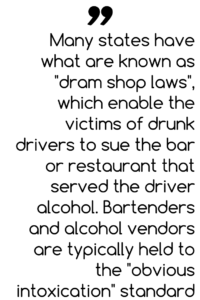 However, what is particularly notable about this case is that the accident victim settled her claim for $725,000 against the night club that had served the drunk driver. Many states have what are known as “dram shop laws”, which enable the victims of drunk drivers to sue the bar or restaurant that served the driver alcohol. Bartenders and alcohol vendors are typically held to the “obvious intoxication” standard; under this standard, an alcohol vendor can be found responsible for any damages caused by their patrons if they continue to serve alcohol past the point that they either knew or should have known that the customer was intoxicated to a degree that posed a threat to the customer himself or others on the road.
However, what is particularly notable about this case is that the accident victim settled her claim for $725,000 against the night club that had served the drunk driver. Many states have what are known as “dram shop laws”, which enable the victims of drunk drivers to sue the bar or restaurant that served the driver alcohol. Bartenders and alcohol vendors are typically held to the “obvious intoxication” standard; under this standard, an alcohol vendor can be found responsible for any damages caused by their patrons if they continue to serve alcohol past the point that they either knew or should have known that the customer was intoxicated to a degree that posed a threat to the customer himself or others on the road.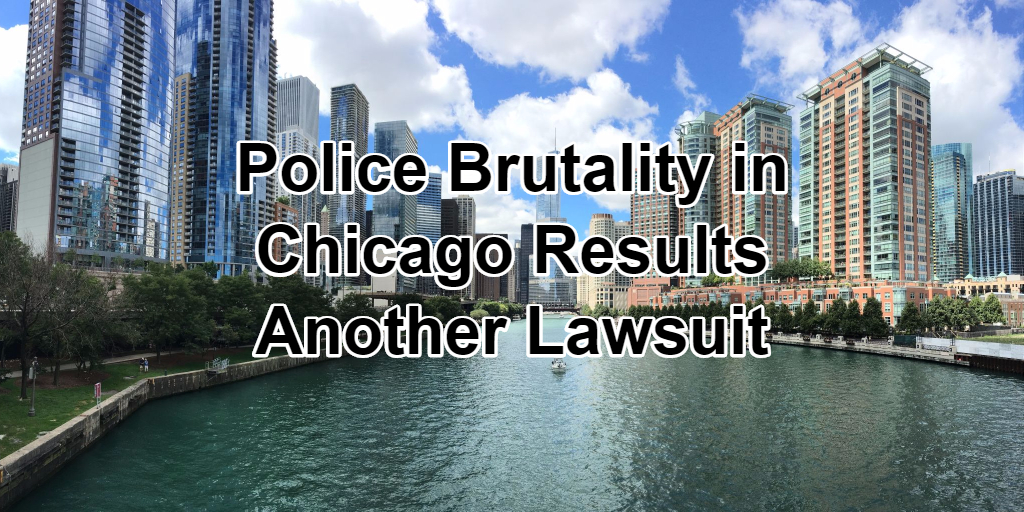
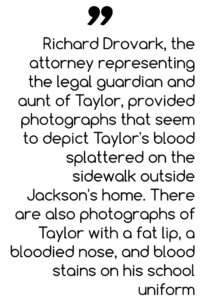 of lacerations, according to the lawsuit.
of lacerations, according to the lawsuit.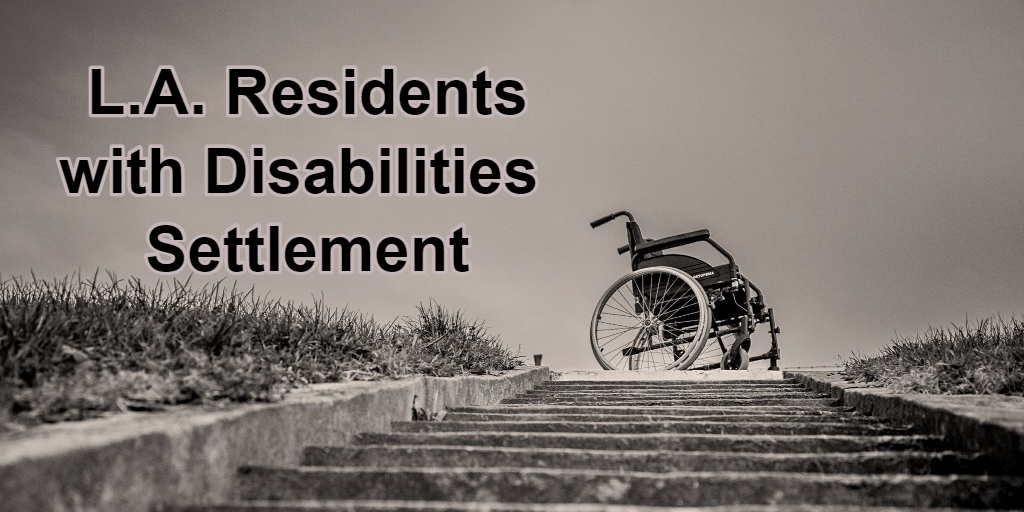
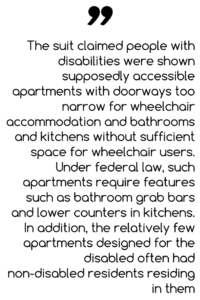 In 2012, three nonprofit housing organizations filed suit, alleging that the city flouted state and federal anti-discrimination laws regarding housing for the disabled. The suit claimed people with disabilities were shown supposedly accessible apartments with doorways too narrow for wheelchair accommodation and bathrooms and kitchens without sufficient space for wheelchair users. Under federal law, such apartments require features such as bathroom grab bars and lower counters in kitchens. In addition, the relatively few apartments designed for the disabled often had non-disabled residents residing in them. Although complaints were filed, the city and its redevelopment agency reportedly failed to take action.
In 2012, three nonprofit housing organizations filed suit, alleging that the city flouted state and federal anti-discrimination laws regarding housing for the disabled. The suit claimed people with disabilities were shown supposedly accessible apartments with doorways too narrow for wheelchair accommodation and bathrooms and kitchens without sufficient space for wheelchair users. Under federal law, such apartments require features such as bathroom grab bars and lower counters in kitchens. In addition, the relatively few apartments designed for the disabled often had non-disabled residents residing in them. Although complaints were filed, the city and its redevelopment agency reportedly failed to take action.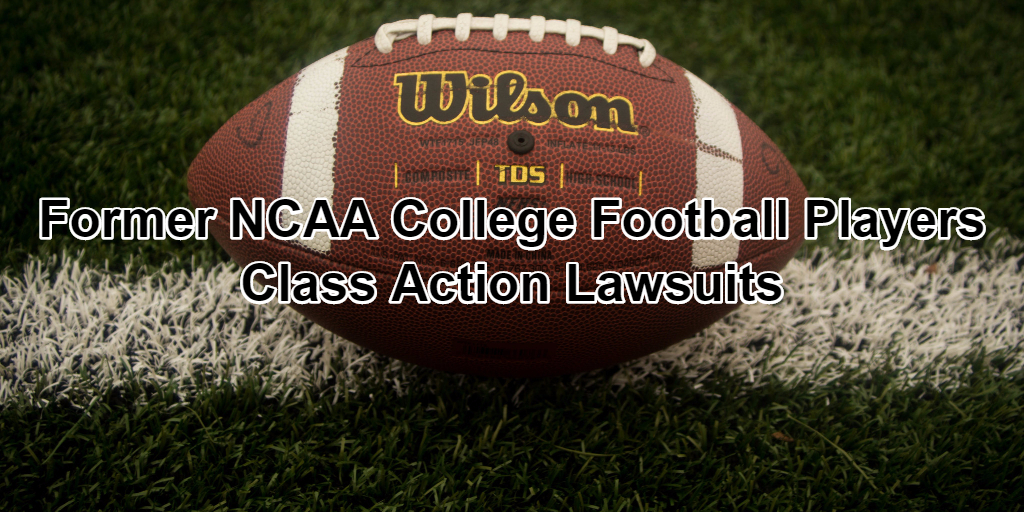
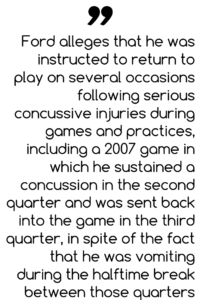 Most unsettling are the claims made by former UK wide receiver DeMoreo Ford, who played from 2005 to 2009. Ford’s coach at this time, Rich Brooks, told reporters in 2008 that Ford had been advised by his doctors to end his career in football due to number of concussive injuries he had sustained at that point. Ford alleges that he was instructed to return to play on several occasions following serious concussive injuries during games and practices, including a 2007 game in which he sustained a concussion in the second quarter and was sent back into the game in the third quarter, in spite of the fact that he was vomiting during the halftime break between those quarters. Ford’s lawsuit states that he continues to suffer the residual effects of untreated head trauma, experiencing severe headaches, depression, mood swings and more.
Most unsettling are the claims made by former UK wide receiver DeMoreo Ford, who played from 2005 to 2009. Ford’s coach at this time, Rich Brooks, told reporters in 2008 that Ford had been advised by his doctors to end his career in football due to number of concussive injuries he had sustained at that point. Ford alleges that he was instructed to return to play on several occasions following serious concussive injuries during games and practices, including a 2007 game in which he sustained a concussion in the second quarter and was sent back into the game in the third quarter, in spite of the fact that he was vomiting during the halftime break between those quarters. Ford’s lawsuit states that he continues to suffer the residual effects of untreated head trauma, experiencing severe headaches, depression, mood swings and more.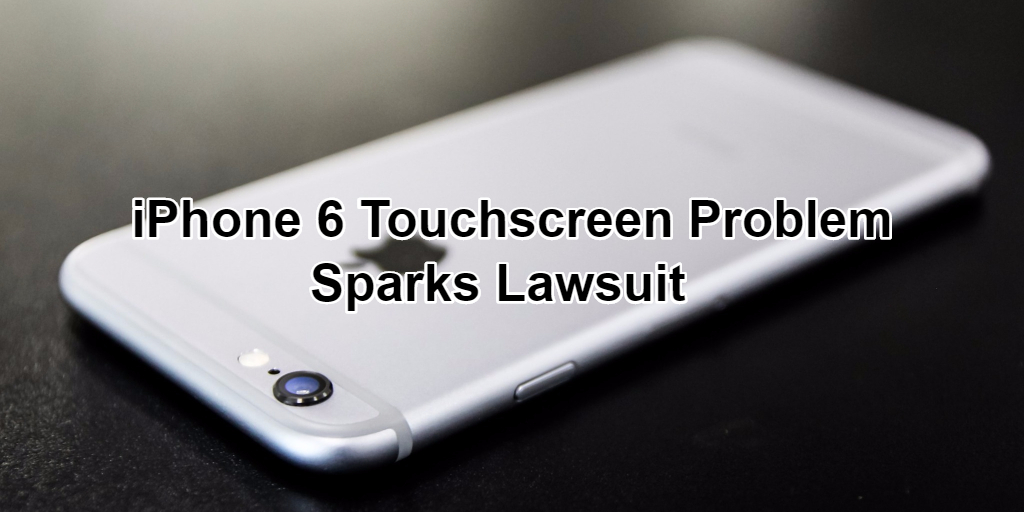
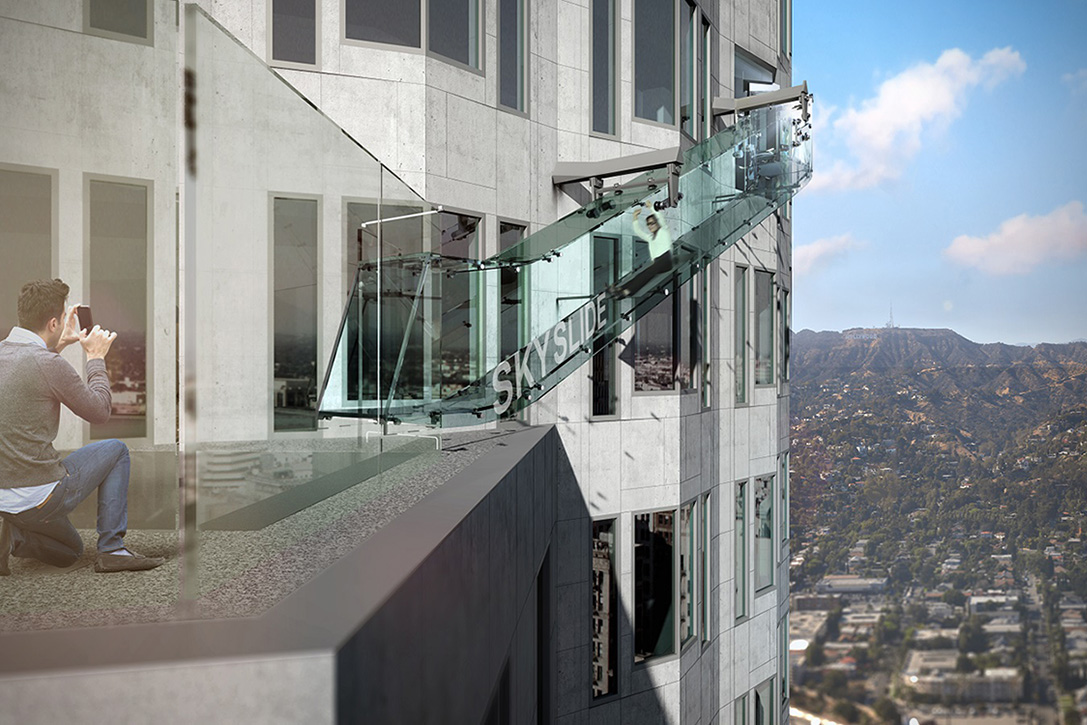
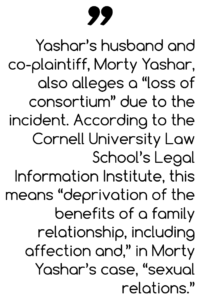


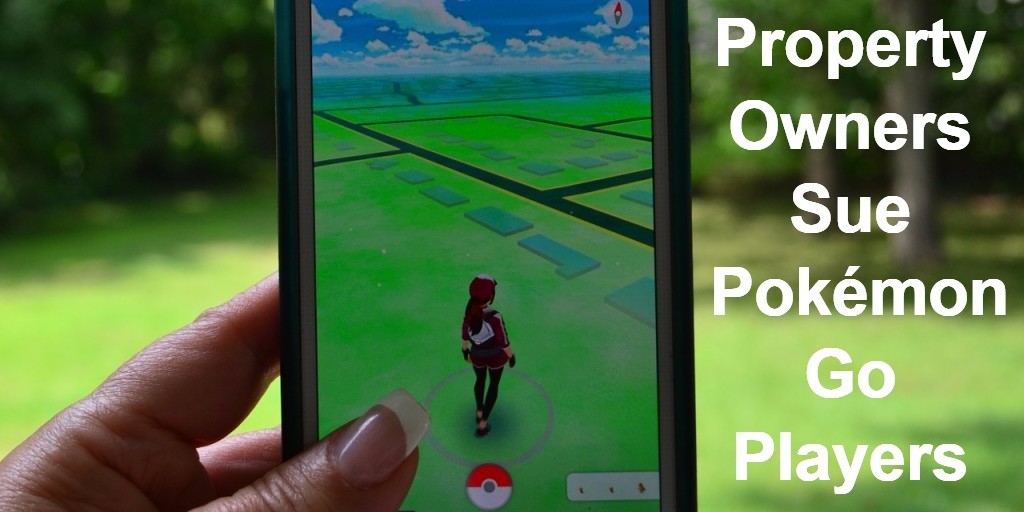
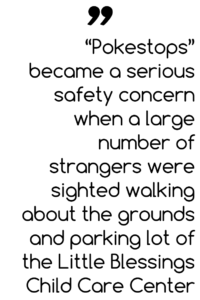 Designated locations within the game called “Pokestops,” require that players visit each of one the sites to receive rewards, and it appears that even more sensitive locations, such as the U.S. Holocaust Memorial Museum haven’t been spared the intrusion. Holocaust Memorial spokesman Andrew
Designated locations within the game called “Pokestops,” require that players visit each of one the sites to receive rewards, and it appears that even more sensitive locations, such as the U.S. Holocaust Memorial Museum haven’t been spared the intrusion. Holocaust Memorial spokesman Andrew 